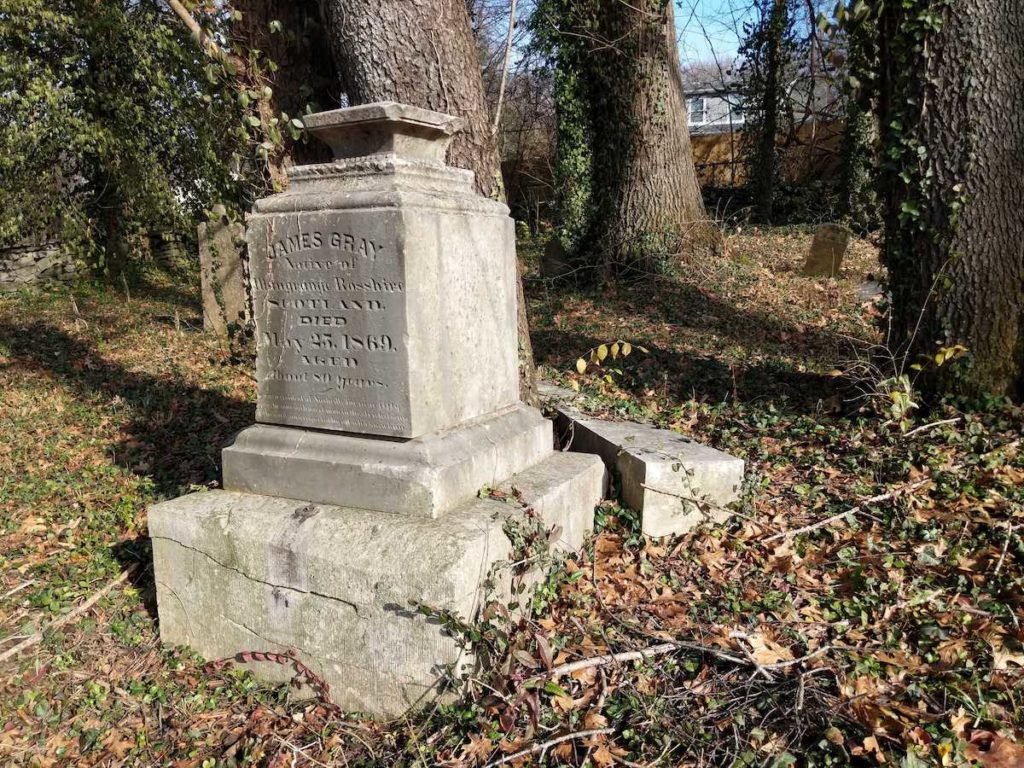
The Metro Historical Commission is trying to track down every historic cemetery in Davidson County, with the goal of protecting past generations from the rapid development of our current one.
With help from a state grant, it’s taking on a rare county-wide survey. The commission has identified more than 500 historic cemeteries, but they believe there could be even more.
More: See all the cemeteries documented so far by the Metro Historical Commission
For example, in one small cemetery in East Nashville, about 30 headstones memorialize Scottish immigrants who died in the mid-1800s. The parcel of land basically sits in the front yard of a house that was recently sold and demolished. New construction is a big reason why a county-wide survey matters, says Caroline Eller, a historic preservationist with the Metro Historical Commission.
“You’ve got so much development in the heart of the city that affects historic cemeteries,” she says. “People who either don’t know, or they want to petition for their removal, that kind of thing — there are just so many ways they can be threatened.”
Through the survey, they’re hoping to gather more information on every cemetery in the county, like pinpointing their locations with GPS coordinates and identifying maintenance needs. Eventually, in about five years, the commission hopes to compile a county-wide preservation plan that identifies some of the most historic or highest-need sites.
The first phase of the survey, later this year, will start with areas that have the least amount of existing information or are most threatened by development: northwest Davidson County — Joelton, White’s Creek/Bordeaux and Parkwood/Union Hill — and southeast, like Cane Ridge.
Rural graveyards and African American cemeteries, in particular, tend to have more modest markers and are therefore at a higher risk of being neglected or demolished.
“Usually when there are two or three headstones in an African American cemetery, that’s not how many people are there. I’ve found there to be dozens and dozens more when I’ve gone out to a site,” says Graham Perry, who oversees historic cemetery preservation for the state of Tennessee.
And this is important to know if, say, a developer is trying to build nearby.
Typically a county or city will focus on preserving one cemetery or one neighborhood a time. But Nashville’s survey is intentionally going shallow and broad — knowing that there’s not time to restore every cemetery, but at least there’s time to know what’s out there and try to protect the boundaries.
Perry says he hopes more counties will follow their lead so they can eventually document every burial ground in Tennessee.
“Realistically, if you think about it, all these cemeteries, all these stones — eventually, mother nature is going to take them all. So preservation is about prolonging the inevitable as long as we can,” he says.

